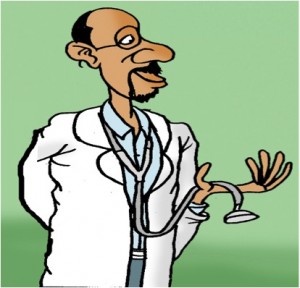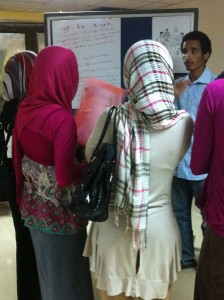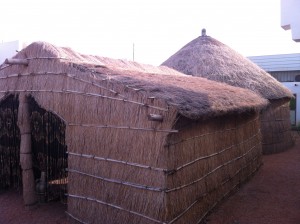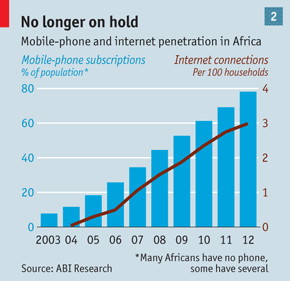I’m proud to call England my home and London my birth city. It is one of (if not the) most cosmopolitan cities in the world that has welcomed and benefited from the arrival of so many different nationalities and cultures.
In 2010/11 Sara Shamsavari held an exhibition at City Hall. Entitled Britain Retold- a portrait of London it told in their own words the stories of a number of Londoners all of whom had 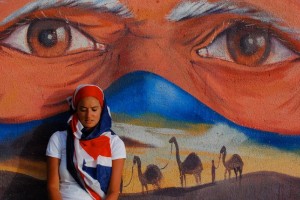 made London their adopted home.
made London their adopted home.
This is what was written about the exhibition:
a collection of sharply empathetic portraits that explore and reinterpret the concept of British identity within London. With an aim to create a singular voice, Sara has photographed a range of culturally diverse individuals and incorporated the symbolism of the Union Jack flag into each image. She seeks to open a platform that will allow the multicultural communities of London to begin re-defining what it means to be British.
I was among the guests at the opening and remember being moved by the stories and the images Sara captured. Her motivation: to reflect the Britain she knew not that portrayed by the far right.
A couple of years on and with the impact of austerity measures across Europe starting to bite I’ve been reflecting on the tenacity of those who by force of circumstance find themselves having to work offshore to survive.
In the past month I’ve met or spoken to, Sudanese, Tanzanians, Vietnamese, Malaysians, Chinese, Saudis, Bajans, Turks and Eritreans in addition to many Europeans including Hungarians and Bulgarians.
Some were students doing MBA’s and MSc’s. Others were working in London. A fair few were in Africa. All are bound by the same desire: to find meaningful and paid employment and in some cases a home. I want to share three stories with you and in two cases I’ve changed the names to protect their identities:
Monika’s story
Monika is Hungarian, from a small village 200km south of Budapest, who is part of the team at one of London’s swankiest and new hotels. Be-suited, blond and vivacious with a friendly smile and an easy manner she came to England a couple of years ago to find a job as there are few in accountancy back in her native country.
Monika feels a debt of honour to her parents who sold a home to fund her education. She loves London despite living in Seven Sisters some way from the centre and commented on how easy it is to get along with people here.
Ideally, she’d like to go back but in the meantime despite being overqualified for the job she is doing, like many she is grateful for the opportunity of working in London.
Samatha’s story
Sam hails from Barbados via Leeds Metropolitan University. Slight of build and pale of colour she did none the less stand out in Leeds where she spent her formative years having travelled to the UK to join her father. Having graduated she was warned don’t go to London, they are unfriendly. Her experience is in marked contrast to the advice:
People are great here, I work with 30 nationalities and its like a big family. London is such a nice city.
Like Monika she is grateful for a job for which she is over qualified. Also like Monika she is driven and wants to pay her way despite the cost of renting eating into much of her salary. And she can find curried goat (essential part of any Caribbean diet) without searching too far for it.
Sayid’s story
Sitting in the back of a 4×4 in Khartoum I am in conversation with Sayid (not his real name) who is one of 200,000 Eritrean refugees in Sudan. As a driver for a prominent research group Sayid has a good job (by the standards of many). His horizons though are limited: his girlfriend (who he’s not seen for 5 years) lives is Asmara; he can’t go back and she can’t leave.
Hard working he hankers after a life in Europe but recognises the challenge of trying to save the $3,000 it will cost to get him to the Sudanese/Libyan border, then on to the Libyan coast and then across the sea to Italy the obvious gateway for Eritreans seeking asylum. Despite existing on a wage of less than $100 a month he lives in hope of one day making the hazardous and life threatening journey and of being reunited with his girlfriend in the EU.
Last Thursday evening at Brighton University I met a number of students who’ve come here to learn. Some had taken sabbatical’s from good positions. Others had exhausted savings and were eagerly seeking part time work to augment their meagre living standards. A common theme again among those from Asia: the willingness of their families to support educational advancement even if it means working every waking moment to raise the cash to fund it.
Over dinner on Saturday night in Covent Garden with some of the speakers at the Meet The Blogger event my wife was a speaker at I was interested in the views of a lovely Frenchwoman who has been a resident here for 17 years. She noted a change in perception among her erstwhile countrymen. No longer is London seen as a desert among the culinary oasis that is Europe; it is now the place to go for varied and good cuisine.
So what are my ‘takeaways’ from this ramble:
- Londoner’s are lucky to live in a cosmopolitan city enriched by diverse cultures;
- Briton’s are lucky to hold a passport that allows almost total unrestricted travel and (Heathrow’s immigration queues apart) to return without question;
- education is seen by the citizens of many nations as their passport to a good career;
- while London is seen as a desirable place to live and work demand for accommodation will continue to outstrip supply; and finally
- those with less seem more inclined to share surplus food than those with plenty.

